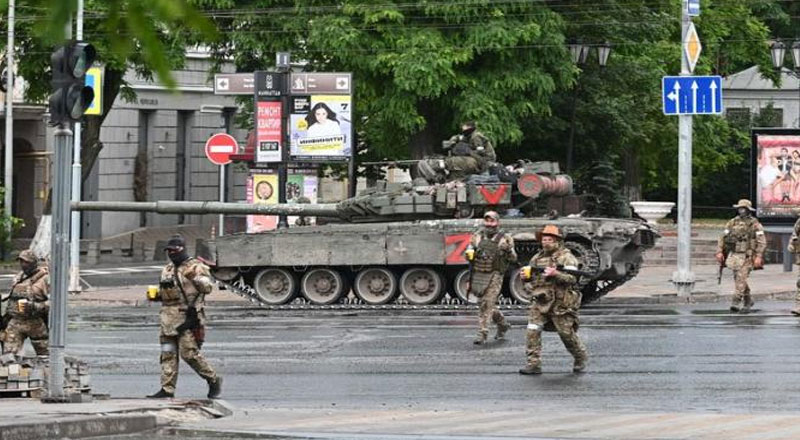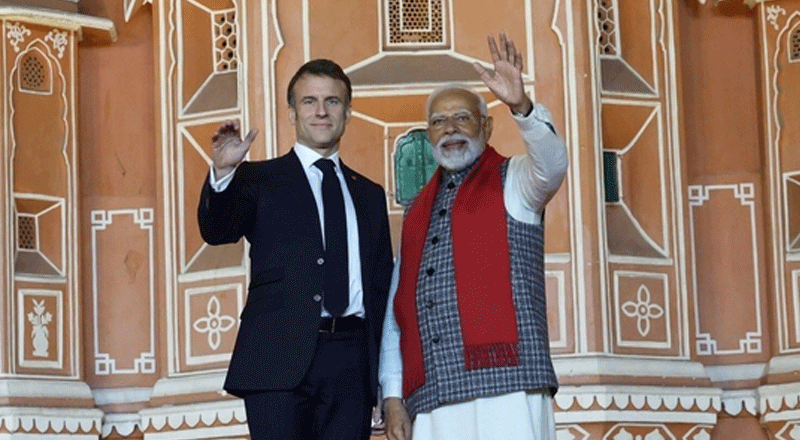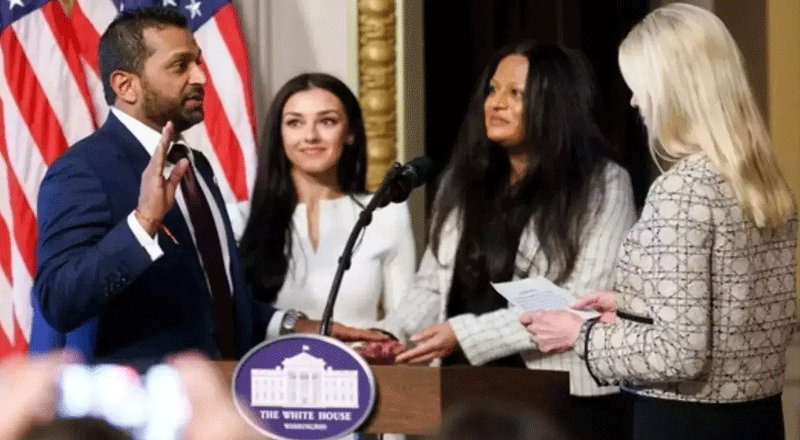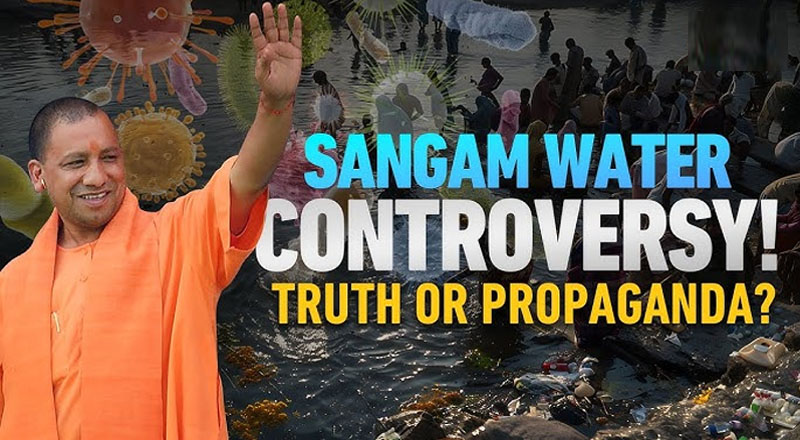Yevgeniy Prighozin, the head of Wagner Group, a private army of mercenaries that have been fighting alongside the regular Russian Army in Ukraine, called off his paramilitary troops’ insurrectionist march towards Moscow.
Restaurateur-oligarch turned mercenary chief Prigozhin had ordered his troops to leave their positions in Rostov-on-Don near the Ukrainian border and march towards Moscow Friday — a move that has reportedly raised big questions about Russian President Vladimir Putin’s grip on Russia.
Many of the details behind this truncated Wagner insurrection are unclear, but the Kremlin thanked Belarus President Alexander Lukashenko for his role in brokering a deal between the Kremlin and Prigozhin. Under the deal, mediated by Lukashenko, the troops would return to base in return for guarantees for their safety and Prigozhin would move to Belarus, Reuters reported.
Moreover, as part of the deal, the Kremlin announced that Prigozhin and the Wagner forces will no longer face charges of treason for launching and participating in the insurrection, respectively. Those troops who opted to not take part would be awarded contracts with the Russian Defence Ministry, it added.
According to reports, Prigozhin has been fighting with the Russian military leaders for a long time, holding them responsible for his troops’ deaths in eastern Ukraine. He has often said that they did not give his private army enough equipment and that they slowed down progress with red tape while taking credit for Wagner’s achievements.
Prigozhin’s fury seemed to reach a breaking point Friday when he reportedly said that Moscow’s military leaders had bombed Wagner camps and killed many of his forces.
While both the Kremlin and the international community have viewed the events as an “armed insurrection” or “attempted coup” that was called off, Prigozhin called developments a “march for justice”.
Prigozhin has been using his press service channel on the Telegram app to communicate and update on the Russia-Ukraine war, where a lot of the conversation and statements have also taken place.
The insurrection march began in the city of Rostov-on-Don in southern Russia, around 130 km near the Ukrainian border as Prigozhin reportedly ordered his Wagner troops to leave their positions and march towards Moscow.
President Putin was quick to address the nation on the developments. He reportedly labeled the insurrection in no uncertain terms as an “internal betrayal” and “treason” caused by “big ambitions and personal interests”, although he did not name Prigozhin anywhere.
The troops turned back when they were 200km away from Moscow after and Prigozhin said that this was their goal for their “march for justice”. He then left Rostov and went to Belarus to meet with Lukashenko.
Putin spoke out quickly against the insurrection, but the Russian military was slow to react, according to the Institute for the Study of War (ISW). Citing Russian military bloggers, the ISW said that the Kremlin did not have a clear plan to stop Wagner Group’s “advances”, and only planned to use the National Guard, or Rosgvardia, to protect Moscow.
The reasons for the insurrection and the deal that Lukashenko made with Prigozhin are still unclear. According to reports, Lukashenko only said that he wanted to avoid bloodshed and that the deal was good for both Prigozhin and Wagner Group.
There is still a lot of speculation about what happened this weekend on Ukraine’s northern and eastern borders, and the ISW said that the deal was a “short-term fix” and dismissed the idea that the Kremlin staged the insurrection, without giving any details about the deal.
Meanwhile, the war in Ukraine rages on, as two civilians were reportedly killed by Russian attacks in Vuhledar and Kherson. The impact of the insurrection on Belarus’ role in the war and Prigozhin’s Wagner forces is still unknown.
(With inputs from agencies)





